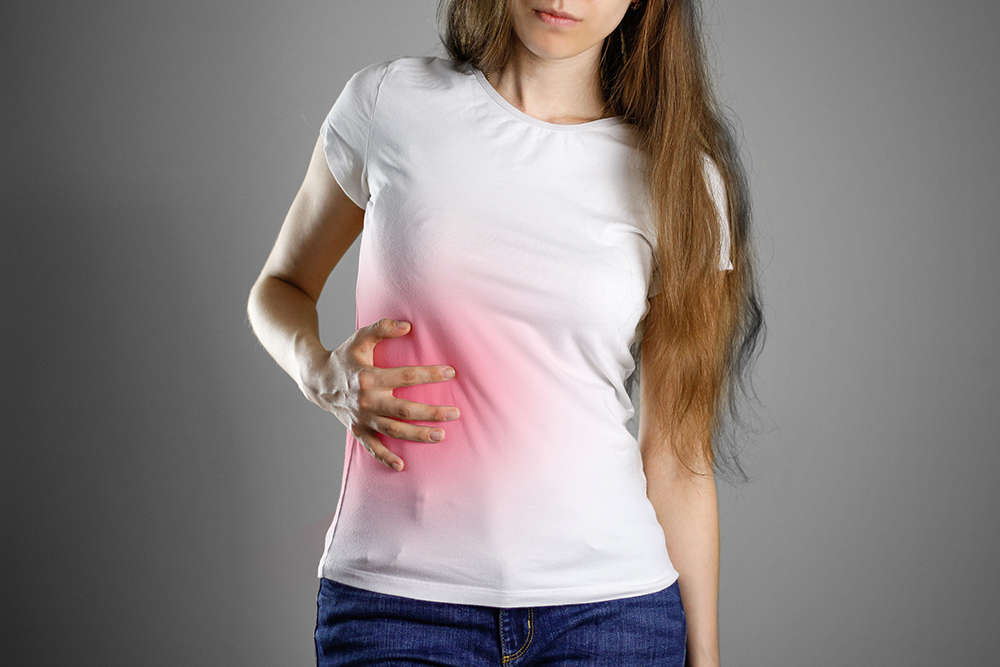Kidney Stones: What Should I Do?

Kidney stones are crystalline objects made of mineral salts present in urine. They can be as tiny as a grain of sand but may be larger, causing significant pain as they pass through the urinary tract, and in some cases, can get trapped and block the urine flow.
How Do Kidney Stones Develop?
Kidney stones usually develop due to high concentrations of minerals and other substances such as calcium, uric acid, and oxalate in the urine, which come together to create crystals. Causes of kidney stones include insufficient water intake, diet, certain medications, and family history.
What Are the Symptoms of Kidney Stones?
Kidney stones often come with unpleasant symptoms, including sharp pain, frequent or painful urination, nausea, profuse sweating, bloody or foul-smelling urine, and fever. If you experience any of these symptoms, make sure you contact your trusted team at Texas Advanced Renal Health right away.
How Can You Treat Kidney Stones?
If the kidney stones are small and the symptoms are minimal, you will likely be able to pass them without invasive treatment. Make sure you drink lots of water, as much as two to three quarts a day. In some cases, we may prescribe drugs known as alpha-blockers to relax the muscles in the ureter and help pass the kidney stone quickly, with less pain.
Kidney stones that are too large to pass can cause bleeding, kidney damage, or ongoing urinary tract infections. We may recommend using sound waves to break up the stones, a procedure known as extracorporeal shock wave lithotripsy (ESWL).
If the stones are very large, we may recommend surgery, a procedure called percutaneous nephrolithotomy that involves using tiny telescopes and specialized instruments inserted through a small incision in the back to access and remove the kidney stone. In some cases, removing smaller stones from the ureter or kidneys may involve using a scope to locate the stone then break it up into smaller pieces that can pass with ease.
How Can You Prevent Kidney Stones?
The most important thing you can do for your kidney health is to drink water throughout the day. If you’ve developed kidney stones in the past, it’s critical that you increase your water intake.
Your diet matters. Lower your consumption of oxalate-rich foods, including rhubarb, spinach, nuts, chocolate, and sweet potatoes. Maintain a low-salt, low-animal protein diet. We’re happy to help you develop a nutrition plan to reduce your risk of kidney stones.
Our team may recommend medications to control the amounts of salts and minerals in your urine. The type of drug we prescribe will depend on the type of stones you tend to develop, such as calcium stones, uric acid stones, struvite stones, or cystine stones.
Kidney Stones Treatment Near Me
Visit Texas Advanced Renal Health to learn more about the prevention and treatment of kidney stones. Our team is committed to providing the needed care to relieve you of your discomfort and minimize the risk of kidney stone recurrence down the road. Call us at 972-548-4833 and schedule your appointment today!
